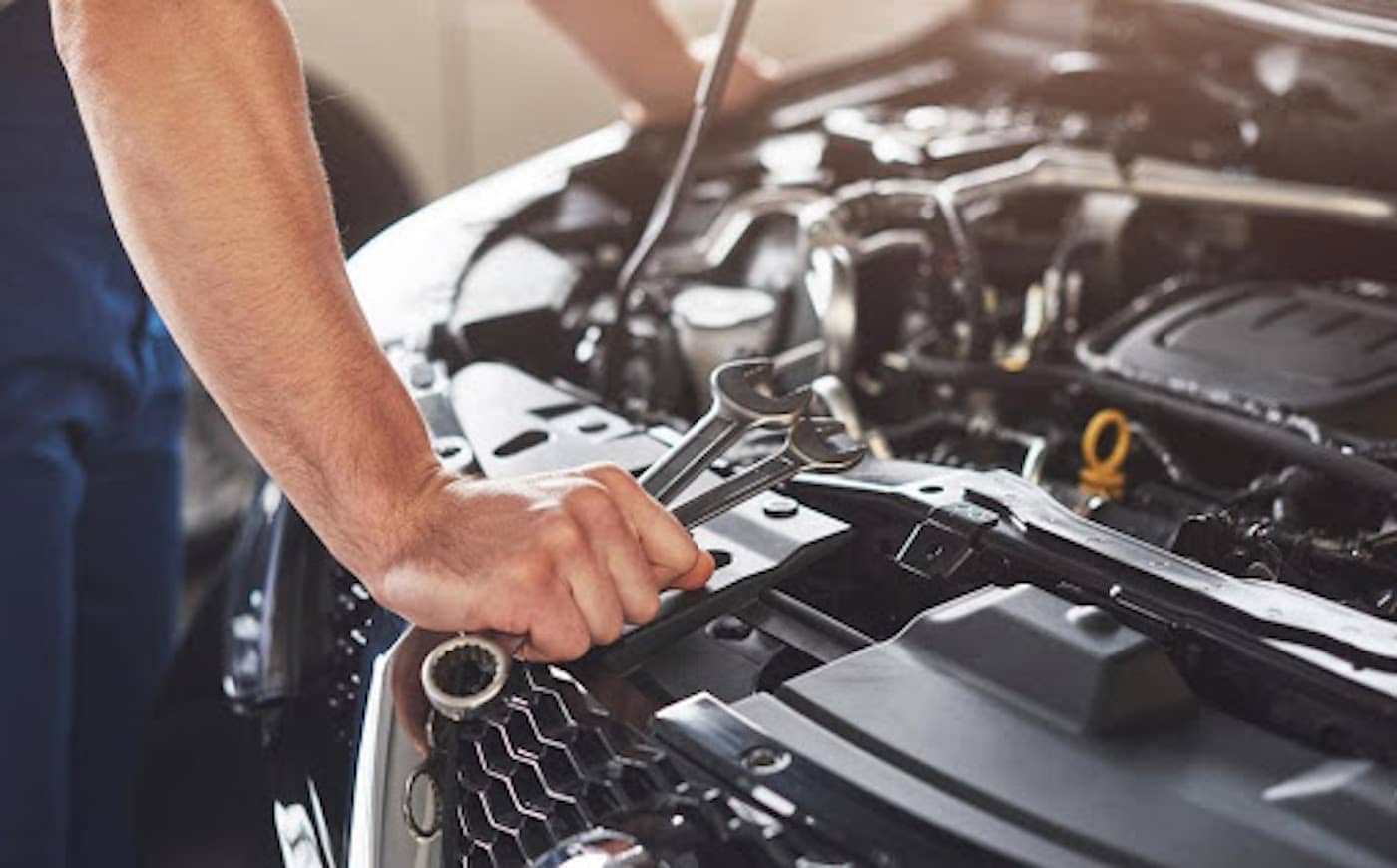Table of Contents
Your vehicle’s engine is its most expensive component. If it fails to work at the wrong time, you’re doomed. But for many car owners, the thought of common engine problems–or handling it–is downright scary. If you own a car, you will have to deal with many issues. Some problems are obvious and cause minor discomfort, while others are complex, like an engine misfire that triggers the check engine light.
You never know when you might experience these problems, so here are some tips from auto repair SEO experts.
Overheating
Your car’s warning lights or temperature gauge will warn you if the engine is overheating. This usually happens in summer, but it isn’t limited to that time of year.
Often, engine overheating is caused by a failed radiator hose, leaking coolant, radiator blockage, or a damaged thermostat. A malfunctioning cooling fan, water pump, a cracked engine block, and dirty or low coolant level can also cause overheating.
Pull your car over and turn it off to cool. Check the coolant levels and confirm if the radiator hose is intact.
The Engine Won’t Start
The battery is the source of your problem if the engine clicks but there’s no crank. If there’s a crank but the car won’t start, it may be an ignition or fuel problem.
A car may refuse to start because of a dead battery, loose or corroded battery cables, a faulty fuel pump, or a dirty or clogged fuel filter. Other issues such as starter motor relay, Tundra catalytic converter, or ignition switch failure can make the engine not start.
Avoid neglecting your oil and filter changes or letting fuel filters get clogged or dirty.
Stalling
A stalled engine is caused by 3 things: lack of fuel, insufficient air, or low receiving power. When the engine stalls, the steering wheel will be difficult to turn and the brakes will be hard to press.
The most obvious reason for a stalled engine is an empty gas tank or a clogged air filter. It can also be a faulty alternator, the fuel pump, a dead battery, or disproportionate air/fuel mixture.
If your car stalls, pull over, cut the engine, and switch on the hazard lights. Check the fuel level and examine the air filter. If it’s none of these, go to the repair shop.
Leaking Oil
No engine can run properly without motor oil. To find out if oil is leaking, look under your car. If there’s a yellow or a dark-brown liquid under the car, oil is leaking. Major leaking may indicate a cracked engine block.
A bad oil filter, a damaged oil pan, a broken or loose oil filler cap, and a loose or broken drain plug can cause leaking. For high-mileage vehicles, a degraded gasket or seal can cause oil leakage.
Specialty motor oils will condition and restore seals and gaskets, prolonging their lifetime. Also, change the oil regularly according to the manufacturer’s recommendations.
Dead Battery
Electrical currents or reduced amps can cause a dead battery. Amps decrease naturally as you use your car, causing the battery not to maintain charge.
Damaged charging system components–such as the voltage regulator or the alternator–and cold weather can make the issue worse. You can buy new batteries for around $150 and install them easily by yourself.
Even when the battery is not showing any signs of wear, replace it after three years or 50,000 miles.
As long as you own a car, you’ll always have engine problems. Maintaining your car regularly is the best way to avoid these problems. Minimize expensive repairs by handling issues as they arise. However, if the problem is serious–or you can’t tell what it is–take the car to an auto shop.
About The Author:
Aqib Ijaz is a content writing guru at Eyes on Solution. He is adept in IT as well. He loves to write on different topics. In his free time, he likes to travel and explore different parts of the world.
Common Engine Problems Featured Image: Pixabay


